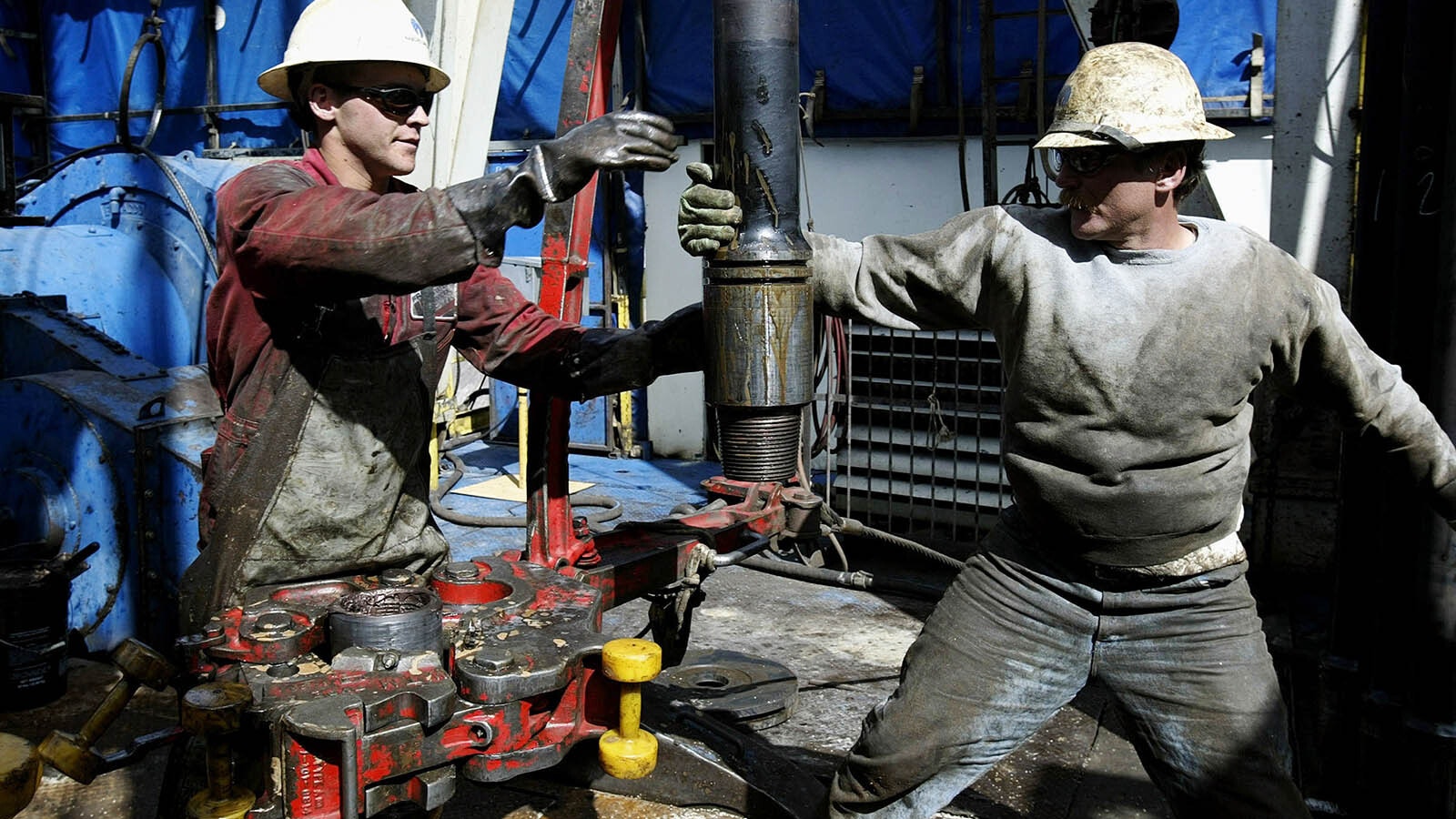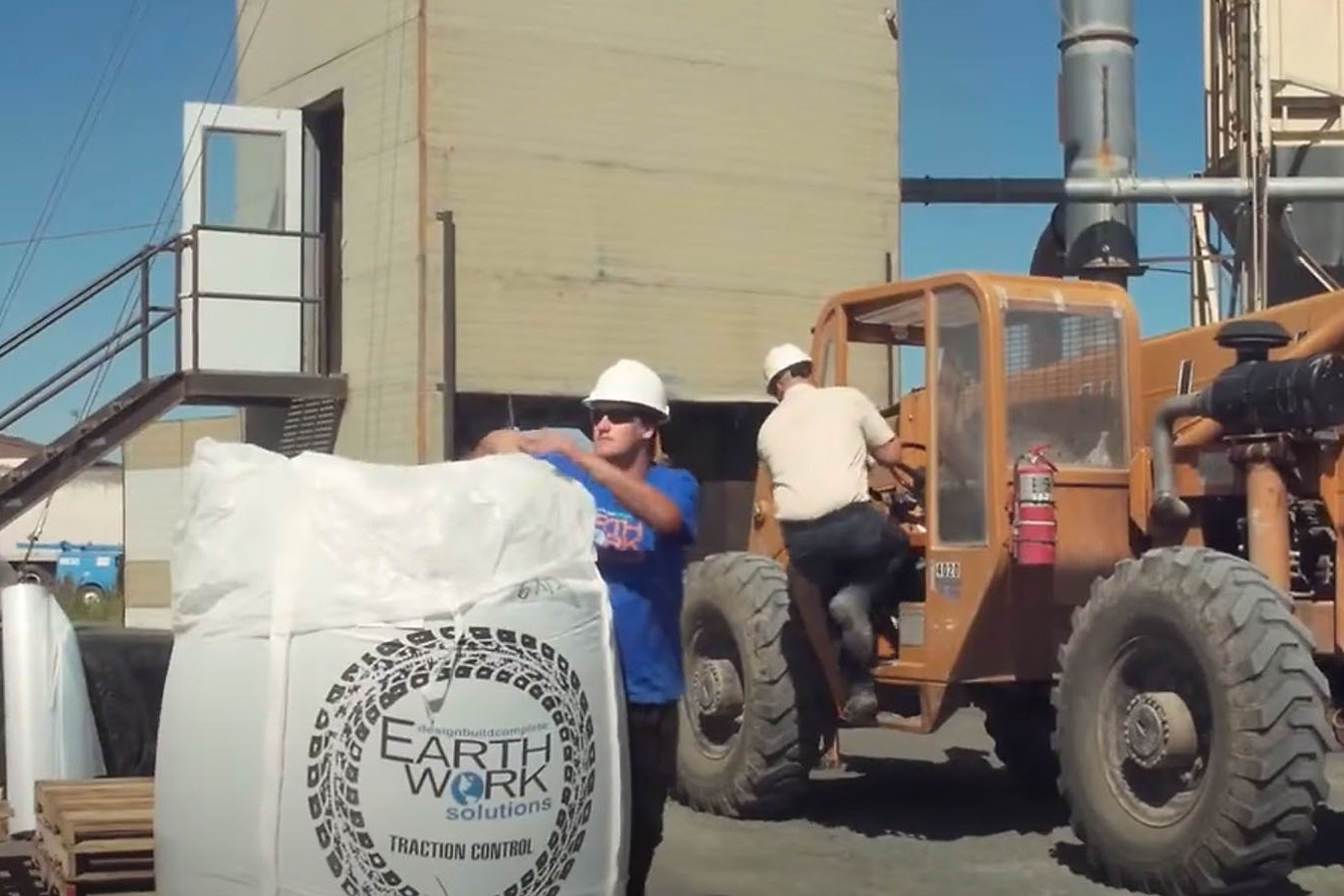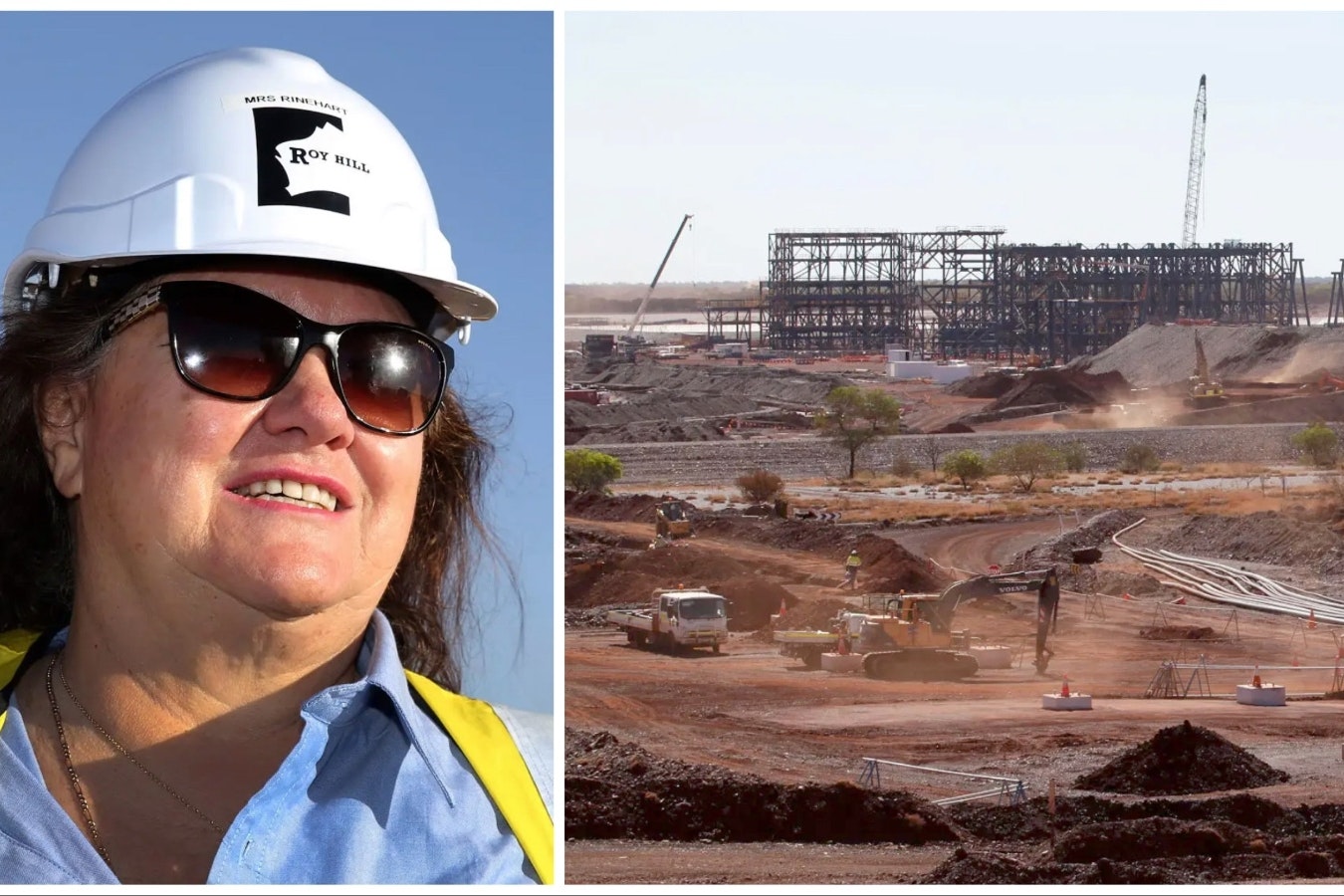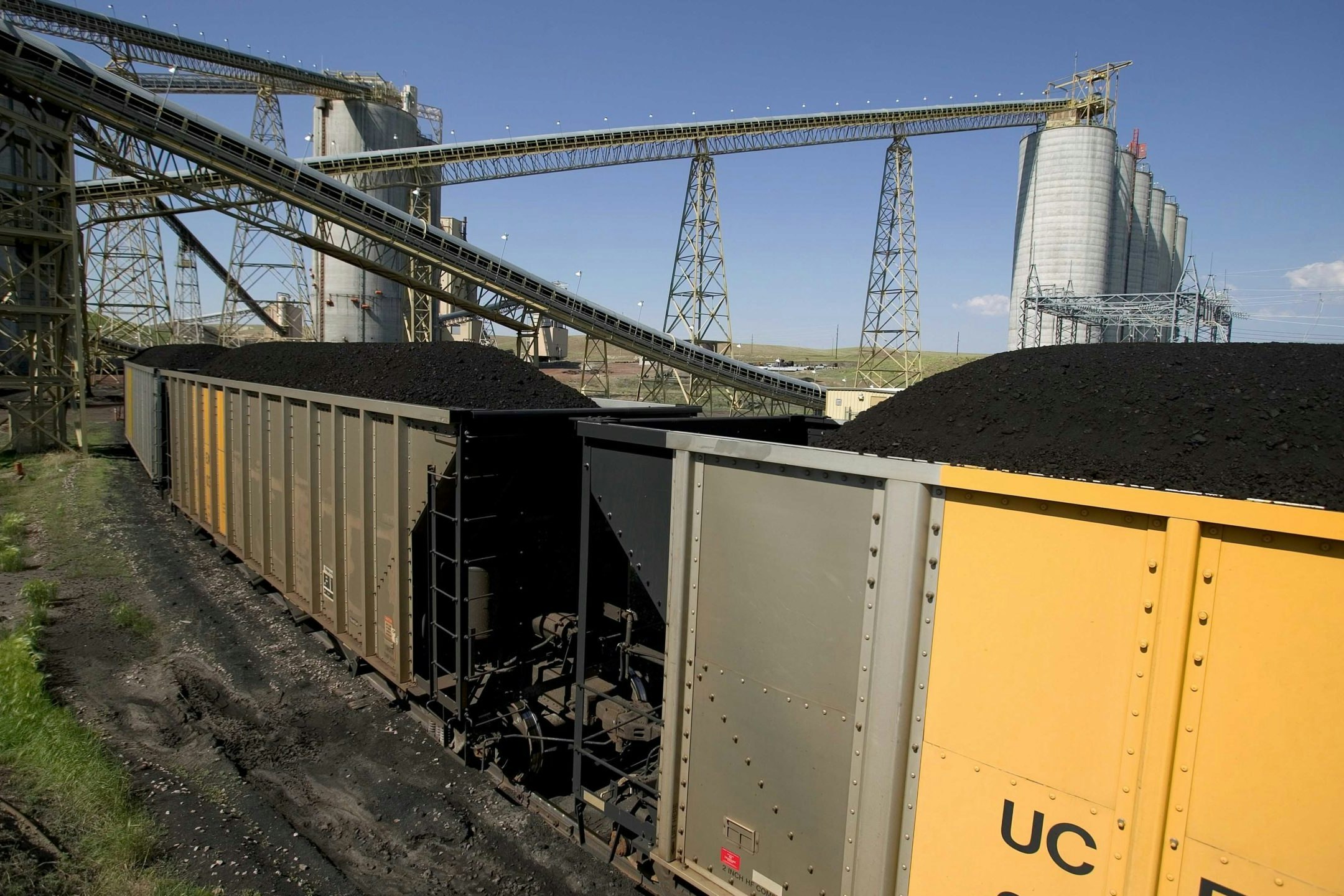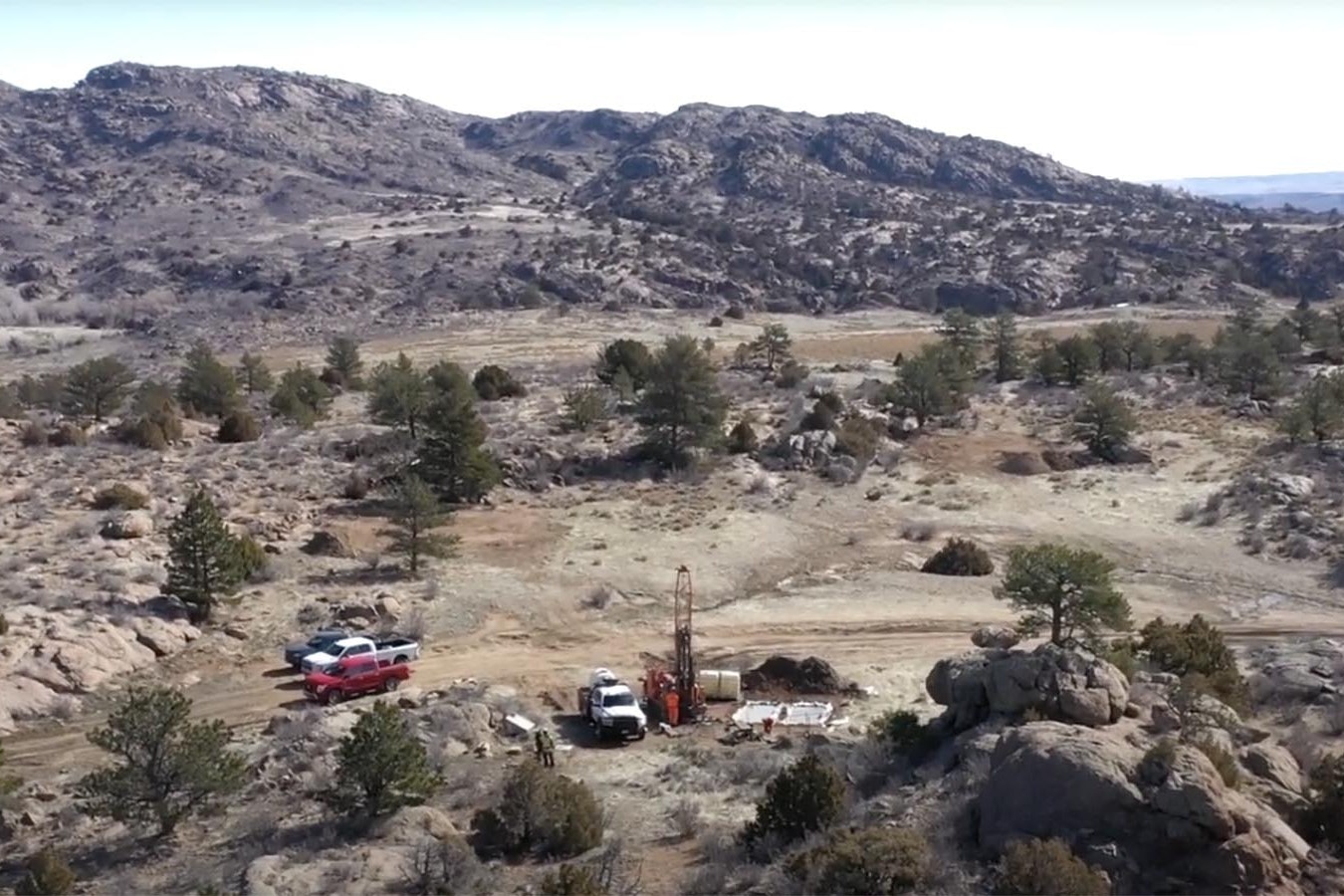Operators in the oil-producing Bighorn Basin in northcentral Wyoming say a new report that they should pay hundreds of millions of dollars more for bonding is targeted to put them out of business.
Carbon Tracker, a London-based think tank that analyzes the energy transition from carbon-based fuels to renewables, took a snapshot look in a case study of Wyoming’s energy-rich Bighorn Basin following a controversial rule change in drilling on federal public lands.
The think tank concluded that energy developers in the basin may need to pay as much as $900 million in higher bonding costs to deter them from walking away from their drilling sites and leaving a mess behind without financial incentive to clean up.
This is just for those Wyoming developers operating in the Bighorn Basin.
The 35-page case study titled “Little Bighorn: How a Bonding Proposal Can Fall Short” concludes that the industry is getting a financial break despite its proclamations that the sky is falling.
“The industry needs to make provisions to clean up its own mess,” said Dwayne Purvis, who wrote the report for Carbon Tracker of Austin, Texas.
“I don’t see this as an extreme measure given that bond requirements haven’t been updated in 70 years,” Purvis told Cowboy State Daily.
The new rule changes were issued April 11 by the U.S. Bureau of Land Management, and effectively make the process for bidding on public leases more expensive because of the government’s possible misunderstanding of orphan wells and how many exist on public lands.
The rule change touched off a firestorm because developers may be forced to pay higher bonding amounts to drill on public land.
A combination of declining oil and gas production in Wyoming’s Bighorn Basin and weak bonding requirements in the new BLM rule could leave taxpayers holding the bag on cleanup costs, Purvis said.
Purvis estimated in his case study of the Bighorn Basin that oil and gas developers would pay $28 million under the new bonding requirements, nowhere enough to cover the real estimates needed for cleanup costs.
“This is a change they probably can’t swallow,” said Purvis, who noted that some mom-and-pop operators could be put out of business if they had to pay significantly more for bonding.
Hogwash
The Petroleum Association of Wyoming is opposed to higher bonding costs to drill on public land.
“With the BLM controlling nearly three quarters of the mineral estate in Wyoming, any proposals coming from the agency will have an outsized impact on producers in the state,” said Ryan McConnaughey, vice president and director of communications with the trade group that represents small operators and 26 of the state’s top 30 producers.
The group’s members account for more than 90% of Wyoming’s oil and natural gas production. Collectively, they generate more than $5 billion in economic activity and employ 19,000 workers.
“The vast majority of operators in Wyoming are small, local businesses that cannot afford the onslaught of increased costs and regulatory burdens being thrust upon them by Washington,” McConnaughey said.
The industry is having a hard time as it is dealing with increasingly pressure from anti-oil and gas regulations.
“Higher royalties and minimum bids, egregious new bonding requirements, the new Rock Springs Resource Management Plan which pulls millions of acres out of availability for production, and more are all serious on their own,” he said.
“Taken together, however, it is clear the Biden administration is making good on its promise to end oil and natural gas production on federal lands and turning its back on those who rely on the industry for jobs.”
Pat Maio can be reached at pat@cowboystatedaily.com.

